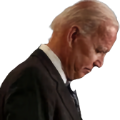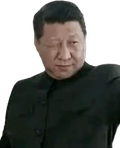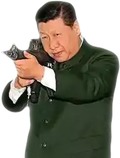Don’t worry, it took me a year to get started, and I’m reading very sporadically. We do what we’re able to.
blight
Read a bit more in Unmasking Autism, keeps being good, not much to add other than quoting a couple extra cool bits:
Our elaborate veils of coping mechanisms and camouflaging can create the illusion we don’t need help. Often this comes at the expense of giving up on the areas of life where we might need assistance. We may eschew relationships, drop out of grueling academic programs, avoid working in fields that require networking and socializing, or completely disengage from activities that involve using our bodies, because we feel so detached and uncoordinated in them. Most of us are haunted by the sense there’s something “wrong” or “missing” in our lives—that we’re sacrificing far more of ourselves than other people in order to get by and receiving far less in return.

Throughout, I will also refer to Autism as a disability. Disability is not a bad word, because being disabled is not a shameful thing. We are not “differently abled”—we are disabled, robbed of empowerment and agency in a world that is not built for us. “Differently abled,” “handi-capable,” and similar euphemisms were created in the 1980s by the abled parents of disabled children, who wished to minimize their children’s marginalized status. These terms were popularized further by politicians who similarly felt uncomfortable acknowledging disabled people’s actual experiences of oppression. These words obscure reality and reflect a discomfort many people have with disabled bodies and brains. A person who is completely blind is not “differently sighted”—they lack an ability that other people have, in a world that was designed by and for people who can see. The world actively dis-ables people by failing to provide accommodations they need. Naming the reality of disability shows respect for disabled people and awareness of how we are oppressed. “Differently abled” attempts to erase that behind a cutesy euphemism, and many of us find the term offensive.
Medical denialism rears another of its ugly heads 
so uh i uh well yeah uh if uh i uh well uh imma uh [shids diarrhea in and through pants]
uhhhh shit oh uhhhmmm oh fuck oh my god fuck shit fuck
no strogn feeling about this, kinda dont care, farting is good and we all know you like it. smells like trying to start drama imho tbh



 learn Chinese
learn Chinese 






“My child/employee has [insert medical condition]? Meaning they need special attention that I can’t provide or afford? No, I think it must be that they’re just “special”. We’re all different. ADHD can be a superpower! Just look how well I did. You don’t need therapy/medication/tailored environment. Just suffer and get through it, at whatever physical/mental cost! You don’t deserve a comfortable life.”